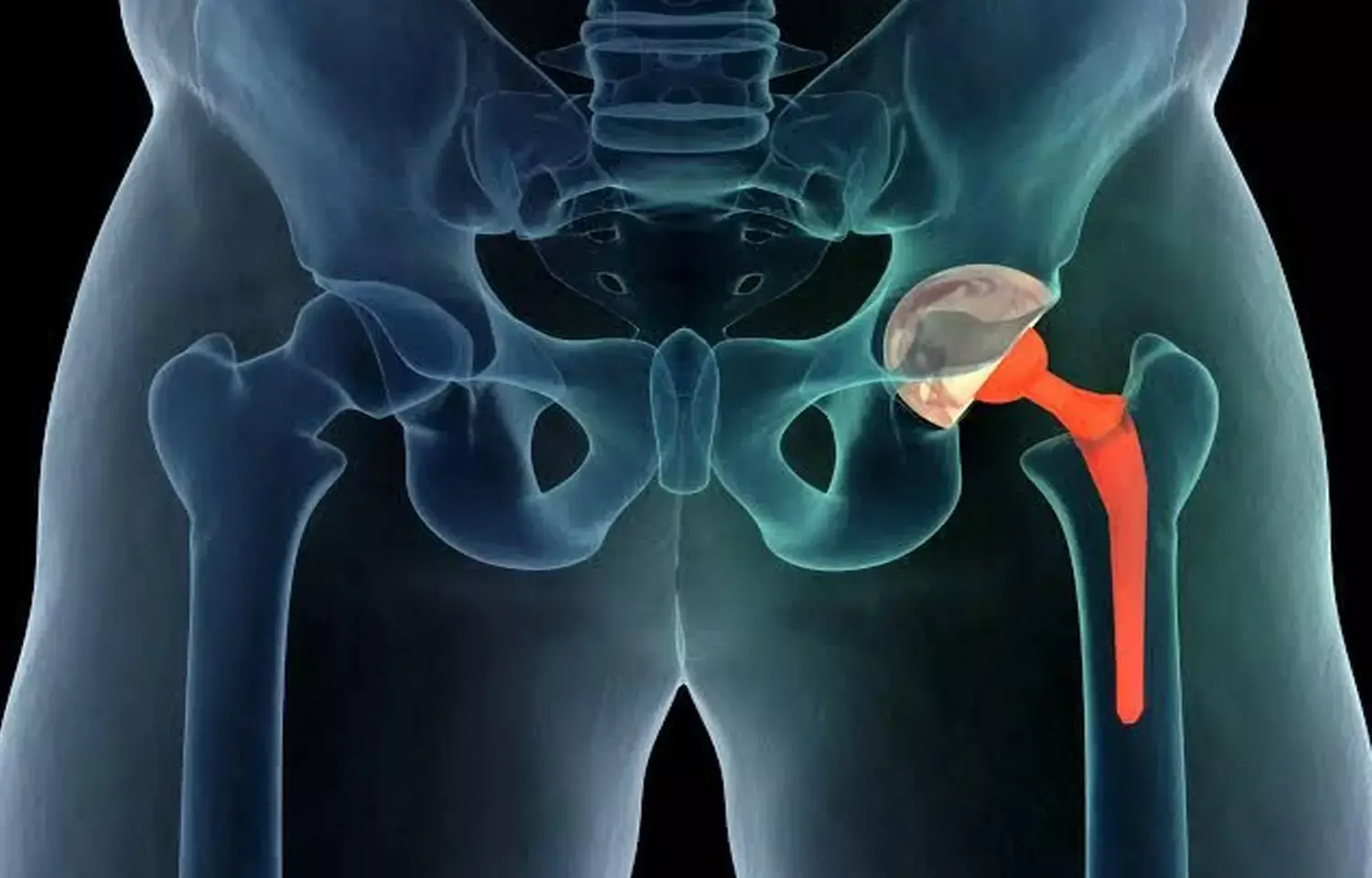- Home
- Medical news & Guidelines
- Anesthesiology
- Cardiology and CTVS
- Critical Care
- Dentistry
- Dermatology
- Diabetes and Endocrinology
- ENT
- Gastroenterology
- Medicine
- Nephrology
- Neurology
- Obstretics-Gynaecology
- Oncology
- Ophthalmology
- Orthopaedics
- Pediatrics-Neonatology
- Psychiatry
- Pulmonology
- Radiology
- Surgery
- Urology
- Laboratory Medicine
- Diet
- Nursing
- Paramedical
- Physiotherapy
- Health news
- Fact Check
- Bone Health Fact Check
- Brain Health Fact Check
- Cancer Related Fact Check
- Child Care Fact Check
- Dental and oral health fact check
- Diabetes and metabolic health fact check
- Diet and Nutrition Fact Check
- Eye and ENT Care Fact Check
- Fitness fact check
- Gut health fact check
- Heart health fact check
- Kidney health fact check
- Medical education fact check
- Men's health fact check
- Respiratory fact check
- Skin and hair care fact check
- Vaccine and Immunization fact check
- Women's health fact check
- AYUSH
- State News
- Andaman and Nicobar Islands
- Andhra Pradesh
- Arunachal Pradesh
- Assam
- Bihar
- Chandigarh
- Chattisgarh
- Dadra and Nagar Haveli
- Daman and Diu
- Delhi
- Goa
- Gujarat
- Haryana
- Himachal Pradesh
- Jammu & Kashmir
- Jharkhand
- Karnataka
- Kerala
- Ladakh
- Lakshadweep
- Madhya Pradesh
- Maharashtra
- Manipur
- Meghalaya
- Mizoram
- Nagaland
- Odisha
- Puducherry
- Punjab
- Rajasthan
- Sikkim
- Tamil Nadu
- Telangana
- Tripura
- Uttar Pradesh
- Uttrakhand
- West Bengal
- Medical Education
- Industry
Spinal anesthesia no better than general anesthesia for hip fracture surgery in older adults: NEJM

USA: Spinal anesthesia is not superior to general anesthesia for hip fracture surgery in older adults, a recent study noted. This was with regards to survival and recovery of ambulation at 60 days. Also, the incidence of postoperative delirium was found to be similar in the two types of anesthesia. The study appears in the New England Journal of Medicine.
The effects of spinal anesthesia versus general anesthesia in older adults undergoing surgery for hip fracture, on the ability to walk have not been well studied. Mark D Neuman and the team, therefore, conducted a pragmatic, randomized superiority trial to evaluate spinal anesthesia as compared with general anesthesia in previously ambulatory patients 50 years of age or older who were undergoing surgery for hip fracture at 46 U.S. and Canadian hospitals.
Patients were randomly assigned in a ratio of 1:1 to receive spinal (n=795) or general anesthesia (n=805). The mean age was 78 years; 67.0% of the patients were women. A total of 666 patients (83.8%) assigned to spinal anesthesia and 769 patients (95.5%) assigned to general anesthesia received their assigned anesthesia.
The primary outcome was a composite of death or an inability to walk approximately 10 ft (3 m) independently or with a walker or cane at 60 days after randomization. Secondary outcomes were death within 60 days, delirium, time to discharge, and ambulation at 60 days.
Key findings include:
- Among patients in the modified intention-to-treat population for whom data were available, the composite primary outcome occurred in 132 of 712 patients (18.5%) in the spinal anesthesia group and 132 of 733 (18.0%) in the general anesthesia group (relative risk, 1.03).
- An inability to walk independently at 60 days was reported in 104 of 684 patients (15.2%) and 101 of 702 patients (14.4%), respectively (relative risk, 1.06), and death within 60 days occurred in 30 of 768 (3.9%) and 32 of 784 (4.1%), respectively (relative risk, 0.97).
- Delirium occurred in 130 of 633 patients (20.5%) in the spinal anesthesia group and in 124 of 629 (19.7%) in the general anesthesia group (relative risk, 1.04).
"Spinal anesthesia for hip fracture surgery in older adults was not superior to general anesthesia with respect to survival and recovery of ambulation at 60 days," wrote the authors. "The incidence of postoperative delirium was similar with the two types of anesthesia."
Reference:
Neuman MD, Feng R, Carson JL, Gaskins LJ, Dillane D, Sessler DI, Sieber F, Magaziner J, Marcantonio ER, Mehta S, Menio D, Ayad S, Stone T, Papp S, Schwenk ES, Elkassabany N, Marshall M, Jaffe JD, Luke C, Sharma B, Azim S, Hymes RA, Chin KJ, Sheppard R, Perlman B, Sappenfield J, Hauck E, Hoeft MA, Giska M, Ranganath Y, Tedore T, Choi S, Li J, Kwofie MK, Nader A, Sanders RD, Allen BFS, Vlassakov K, Kates S, Fleisher LA, Dattilo J, Tierney A, Stephens-Shields AJ, Ellenberg SS; REGAIN Investigators. Spinal Anesthesia or General Anesthesia for Hip Surgery in Older Adults. N Engl J Med. 2021 Nov 25;385(22):2025-2035. doi: 10.1056/NEJMoa2113514. Epub 2021 Oct 9. PMID: 34623788.
Dr Kamal Kant Kohli-MBBS, DTCD- a chest specialist with more than 30 years of practice and a flair for writing clinical articles, Dr Kamal Kant Kohli joined Medical Dialogues as a Chief Editor of Medical News. Besides writing articles, as an editor, he proofreads and verifies all the medical content published on Medical Dialogues including those coming from journals, studies,medical conferences,guidelines etc. Email: drkohli@medicaldialogues.in. Contact no. 011-43720751


